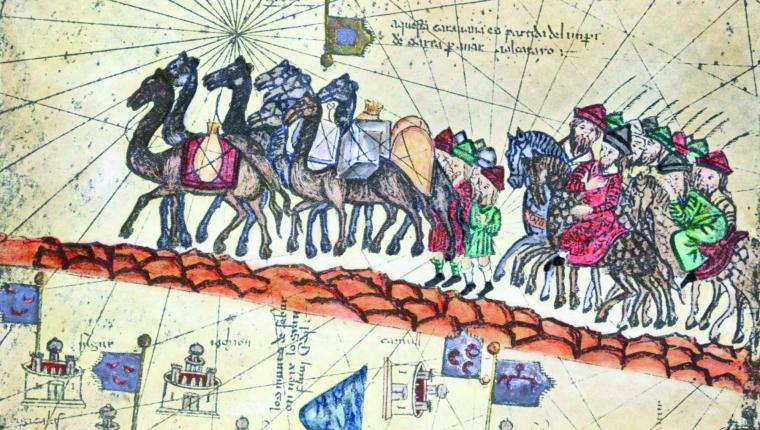
How to cite: Bolat, L. (2021). A cultural journey along the Silk Road: Turkish sufi humanism from Ahmet Yesevi to Yunus Emre. Belt & Road Initiative Quarterly, 2(4), 6-18.

This work is licensed under a
Creative Commons Attribution 4.0 International License.
Although the Silk Road is named after the product that generated its economic value, its greatest contribution to human history is how it enabled the mutual interaction of civilisations. Despite its economic importance being stuck at its lowest in history for a long time, its value is beginning to be re-evaluated, and it is necessary to reflect upon the impact of the Silk Road on cultural change. In this short study, we will consider the long journey of Yunus Emre on the Silk Road and his excellent humanism from the Fergana Valley to the Anatolian steppes in the “2021 Yunus Emre and Turkish language year”. First, we will outline the Silk Road’s place in Asia’s cultural world and its present influence. Finally, we will put Yunus Emre and his philosophy in this framework. In order to understand the inner and outer world of Yunus, a great son of the Silk Road, let us briefly review the reasons for the Silk Road’s existence and the historical interactions of cultures on the road. In this way, we will consider the conditions that made Yunus Emre through historical, economic, and cultural dimensions whilst uncovering the secrets of the land that created him and brought his work to the present day.
Keywords: music, philosophy, poetry, Sufi, Turk
